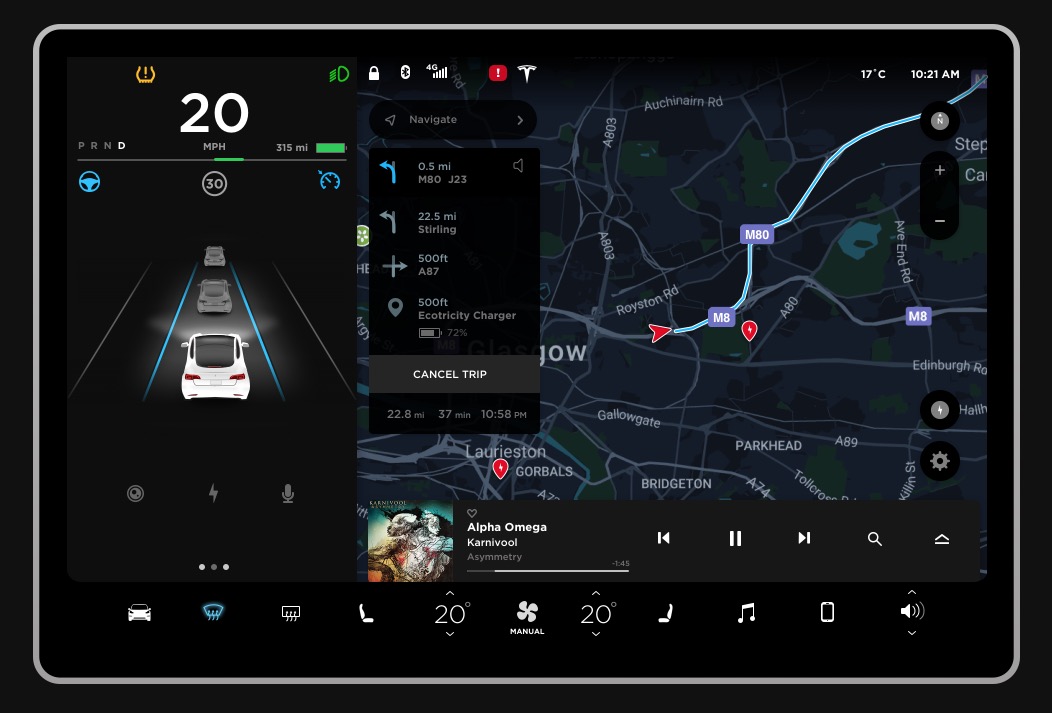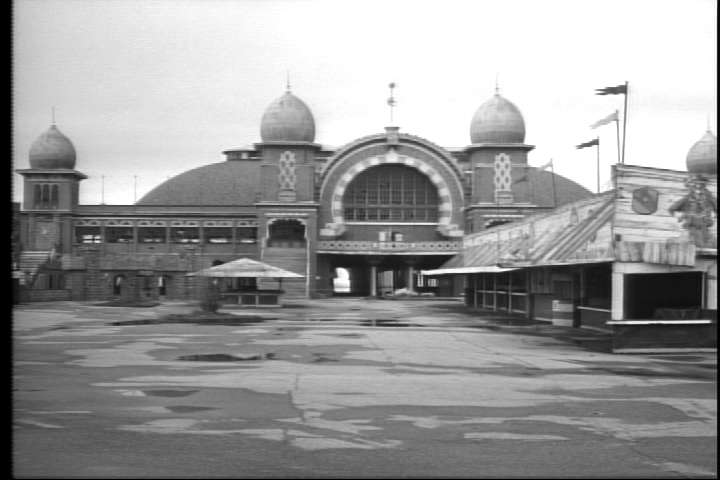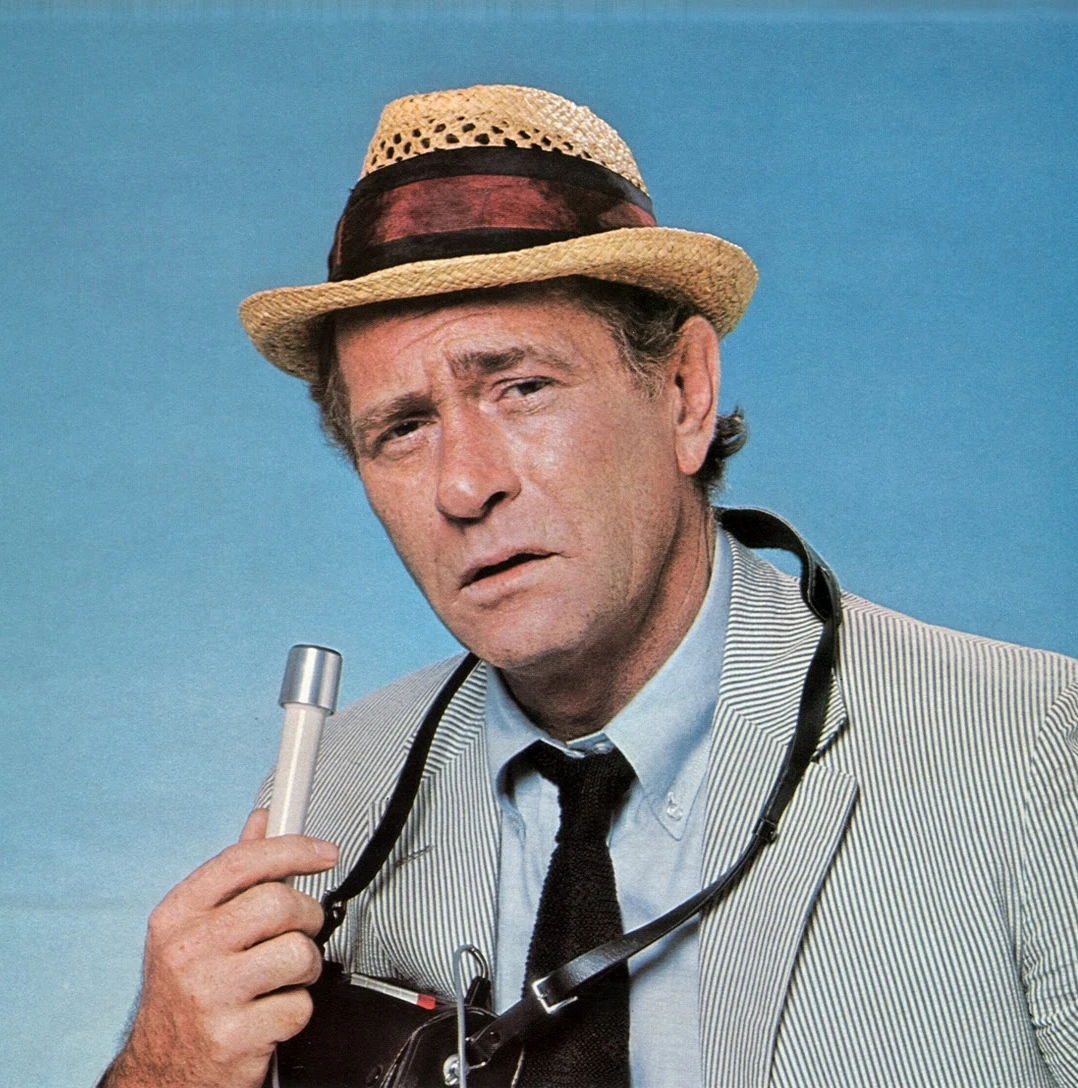The Cellphone Problem in horror roleplaying

I’m guessing she punched the gas just before turning the key.
In a recent Grognardia retrospective, James Maliszewski wrote about his dissatisfaction with Cthulhu Now: it failed to update the game for the modern era. Its ideas were “often poorly implemented and verge on railroads at times.”
James was especially disappointed because Lovecraft wrote for what was then his modern era. If he was writing now, he’d write for the current modern era. So the idea of a modern Cthulhu mythos role-playing game appealed to him. Cthulhu Now, however, didn’t recognize the problems of moving older fiction to modern times.
Although James didn’t name it specifically, what he was writing about is the “cellphone problem”. It doesn’t have to involve actual cellphones. It’s just that they’re the most obvious of the issues. The cellphone problem is that modern technology makes a lot of old fiction unusable in the modern era. It’s difficult to isolate someone who owns a cellphone. You can brick the cellphone signal, but this only highlights that something out there is bricking the cellphone signal. And even with that, the cellphone contains a very high quality camera, a reasonably high quality tape recorder, and a very useful GPS device.
Some now even contain satellite for emergency use, which don’t rely on access to a cell tower. A GM who regularly bricks such devices is railroading, pure and simple. They are limiting the players’ options artificially so that the player characters can only go where the railroad—the GM—wants them to go.
This is, I suspect, one of the main reasons Sandy Peterson chose to set Call of Cthulhu in the twenties. While it’s true that, as James lamented, Lovecraft set his stories in his then-present, it’s just as true that that is when he set them. Had he lived into the twenty-first century his new stories would have had to change so much that they would no longer resemble his old ones. The increase in destructive power available to humans, the increase in knowledge about the past and about the universe, the increase in forensic technology, and the increase in documentary ability both at the personal and government levels all make his twenties-era stories practically impossible—or make his elder horrors ridiculously weak.
For example, take what happens in his stories, and then add one thing: we have mapped out the entire world from space, down to the meter. Our governments all know exactly where this stuff is, and that it exists. Cthulhu stories start to look a lot more like HackNoia than about independent investigator(s) discovering something previously unknown about the uncaring universe.
I haven’t looked at Delta Green but I know people who play it and love it; my understanding is that it does take into account government conspiracies, and does a great job of it. When they talk about their adventures, however, they sound very un-Lovecraftian. Because this does in fact change so much about what Lovecraft wrote.

You could probably get the same delay in modern cars merely by demanding the characters use their car’s GUI…
Saying that Lovecraft would have set his stories in the modern world had he lived into the modern world is a lot like saying that a director would have made color movies had they lived into the color movie era. It’s true, but the choices made for black and white were for black and white. The choices Lovecraft made were for the era he lived in.
Updating Cthulhu for the modern era requires completely different choices. It might still be fun, but it’s no longer Lovecraft’s Cthulhu. Peterson very specifically wanted Lovecraft’s Cthulhu and Lovecraft’s Dreamlands, not just a generic horror game.
One of the commenters to James’s post wrote about “the cellphone problem that modern writers often struggle with”, which gives most modern writers more credit than they deserve. Most don’t struggle with it. They just ignore it. Screenwriters especially continue to ignore the problem, and it’s more and more annoying as time goes on. Characters who should be videoing everything don’t. Characters who should be sharing information across geographical locales don’t. Characters who have access to information that they know will save their lives don’t even bother looking for it.
Player characters are not written by screenwriters, however. Game masters can’t rely on bricking-through-scripting because game masters don’t control the player characters. Player characters will always pick up the gun. Sure, once in a while you can set the adventure in a dead area, but more and more that becomes an exercise in unbelievable railroading.
It’s not just cellphones. How many times in old movies, or modern period movies, does someone go to start their car to escape some danger and the engine just barely grinds and doesn’t start, for no apparent reason? And then they keep trying, and eventually—only after they almost get killed/eaten/dismembered—does the car finally start and they peel away from the danger. This was not unbelievable, because it was not uncommon for cars to have trouble starting. In the twenties and even partially into the latter half of the twentieth century, a person who was anxious and in a rush could easily flood their engine when trying to start it quickly. Every moviegoer in that era who drove had had exactly that trouble starting their cars at least once, and likely under relatively normal circumstances.
That doesn’t happen any more. If you try to delay your players’ characters in a modern game by having their engine fail to immediately start, you need a reason other than just “it happens”. If it’s meant to be a temporary problem, you also need a reason for them to keep trying. About the only reasons for a car to have trouble starting nowadays when it worked a few hours earlier is a dead battery—which happens at most every couple of years—or someone tampered with it.

It is possible, of course, with the right atmosphere, to make it very believable when all technology fails.
In both cases it’s not going to cause a delay, it’s going to keep the car from starting at all. It’s also suspicious; it will drive the characters’ attention toward finding out who tampered with their vehicle. There has to be a reason. Someone has tampered with the car, or something out there is affecting the car.
If an old car doesn’t start on the first try, it causes tension. If a modern car doesn’t start on the first try, it causes suspicion.
The most modern game I tend to run is Kolchak in the seventies. Kolchak isn’t very realistic for the seventies, because he’s still stuck in twenties noir. The authors of that show, and of the movies, fixed their “cellphone problem”—ubiquitous and easy to use cameras that make capturing the supernatural inevitable—by making him an actively incompetent cameraman and placing him in a very corrupt city. His photos rarely turn out because he uses flashbulbs at night in the open, he’s always dropping it, and even if he does manage to get something on camera or on tape, and even if he doesn’t destroy it accidentally himself, the police confiscate it.
Even one commenter’s solution that (in an example of an adventure set at a farmhouse) “it was plausible to say that the farmhouse was so remote that there was no signal” is less and less true. I grew up in a very remote area, and twenty years ago when I told my boss that there was no signal when I visited family, it was true. Ten years ago, it was merely plausible. Now it is not. I still hit cell dead zones when I drive I-10 through west Texas, New Mexico, and Arizona. But those dead zones are getting shorter and shorter.
Another commenter wrote that “In the last decade we’ve uncovered dozens of cities formerly hidden…” as if it refuted the problem entirely. But we uncovered those cities using satellite technology, and all it took was someone looking because they wanted to look. Governments don’t look for ancient cities in the real world because ancient cities don’t give them power. But Lovecraft’s ancient sites do give them power. Combined with the rise in immediately-available documentary technology that will ensure that governments know about that power, governments in a Lovecraftian world would definitely be looking for signs of Lovecraftian horrors.
It’s true that we could, temporarily, move all of the horrors under the sea for a great slumber party with Cthulhu, but this is getting less and less true every year. It’s a lot like, well, our sword-and-planet stories make no sense on Venus or Mars, so let’s move them out to Titan. That solution doesn’t last very long.
What this means for game masters is that adventures set in modern times need to work when the adventurers are in an information-rich environment. They cannot rely on characters being unable to converse just because they’ve split up. They need to work when the characters can fully document the weird things going on. While it may occasionally be fun to have an adventure where all modern technology fails to work, or is stolen, or is in some other way forbidden, that can’t be the norm. More than once and it starts to look like a railroad. More and more, even once starts to look like a railroad.

I regularly run a Kolchak adventure at North Texas. No cellphones, but ancient tape recorders and bad taste in clothing are allowed.
That was ultimately one of the reasons Kolchak: The Night Stalker couldn’t last as a series. It required that his modern technology, which was far less advanced than today’s, just not work, episode after episode. All in a world where artificial intelligence is portable enough to fit in a human-sized container—and where robotics is advanced enough that that human-sized container can be a robot.
Jesse Smith wrote in the comments that “the more the world is mapped out… the more horrifying it would be to discover that all of that knowledge is fundamentally wrong, that the foundations themselves are unsound.”
This gets much closer to a solution. Lovecraft’s stories relied on his horrors being discoverable. All it took was looking at the right pieces of disparate information, making the connection no one else made, and realizing the logical conclusion: that the world makes no sense. Ultimately, it was about logic leading to illogical results.
For this kind of horror to work today, logic cannot even be the starting point. Grant Morrison has done some great work using this premise, especially in The Invisibles. I have occasionally tried to work that mindset into my gaming. If you read my own World of Highland you can see some hints of a Morrisonian underpinning in the True Family and many of the Great Books. Similarly, in the Encounter Guide there’s a lot of Morrison in the Dry City.
Gods and Monsters is not a modern-era game, of course, so I don’t have quite the same problem as Call of Cthulhu updates do. In a modern-era game, something like that solution becomes a necessity if mind-blowing horrors are going to blow minds rather than just be a frustrating exercise in bad gamemastering.
There must be something that makes all of this modern technology and weaponry pointless, not that bricks it. Something that undercuts the rational foundations that our science and technology rely on.
Yes, you can start your car right away. But it doesn’t matter if the Hounds of Tindalos can take shortcuts through angles you can’t see. You can video Cthulhu rising from the ocean to destroy a ship. But it doesn’t matter when his form doesn’t register except as a psychic impression because Cthulhu resides in dimensions beyond the physical. Sure, you can call the front desk or the police when you need rescuing from a haunted hotel room. But it doesn’t matter if room 1408 is no longer part of the hotel!
That’s when things get frightening.
cellphone problem
- Carnival of Souls
- There are places in this world where the other world intrudes: old carnivals; deserted highways; busy bus stations… This seminal horror movie contains no blood, no knives, and for the most part, no budget, but it was well-written, beautifully shot, and carefully directed and acted. Inspiration from this movie can be seen in later films from “Night of the Living Dead” to “Beetlejuice”.
- Cowboys, aliens, and the expectations of role-players
- Movies need a new technical advisor in the credits: the role-playing technical advisor. Otherwise known as the “pick up the damn gun” advisor.
- Retrospective: Cthulhu Now: James Maliszewski at Grognardia
- “Of course, to Lovecraft and his readers, his stories of cosmic horror were set, not in the past, but in the present. Indeed, much of their power comes from the juxtaposition of ancient terrors and the perceived progress of the ‘modern world.’ On some level, it’s thus always been a bit odd that Sandy Petersen Call of Cthulhu chose to retain the 1920s setting for the game rather than the here and now.”
- UFO contact imminent… any day now
- In yet another example of how the seventies was another planet, I ran across a set of seventies UFO magazines with a roundtable including Gene Roddenberry about super-children and their relation to alien contact.
Gods & Monsters
- Encounter Guide
- A full panoply of creatures from Borogoves to Revenants and more.
- Gods & Monsters Rules
- All rules on creating characters and playing the game. This is what you’ll be using most as both player and adventure guide.
- The World of Highland Guidebook
- Highland provides a context for Gods & Monsters adventures. Highland is designed for the rural adventurer, where characters begin in small villages or remote areas and move in towards civilization as they learn more and more about their world’s past. It was designed as a version of the standard fantasy world imprinted on the American old west.
Kolchak: The Night Stalker
- A Kolchak Christmas at North Texas 2023
- I’ll be running another Kolchak: The Night Stalker game at North Texas in 2023, again using the Daredevils rules from Fantasy Games Unlimited.
- North Texas RPG Con
- “The NTRPG Con focuses on old-school Dungeons & Dragons gaming (OD&D, 1E, 2E, or Basic/Expert) as well as any pre-1999 type of RPG produced by the classic gaming companies of the 70s and 80s (TSR, Chaosium, FGU, FASA, GDW, etc). We also support retro-clone or simulacrum type gaming that copies the old style of RPGs (Swords & Wizardry, Castles & Crusades, and others).”
